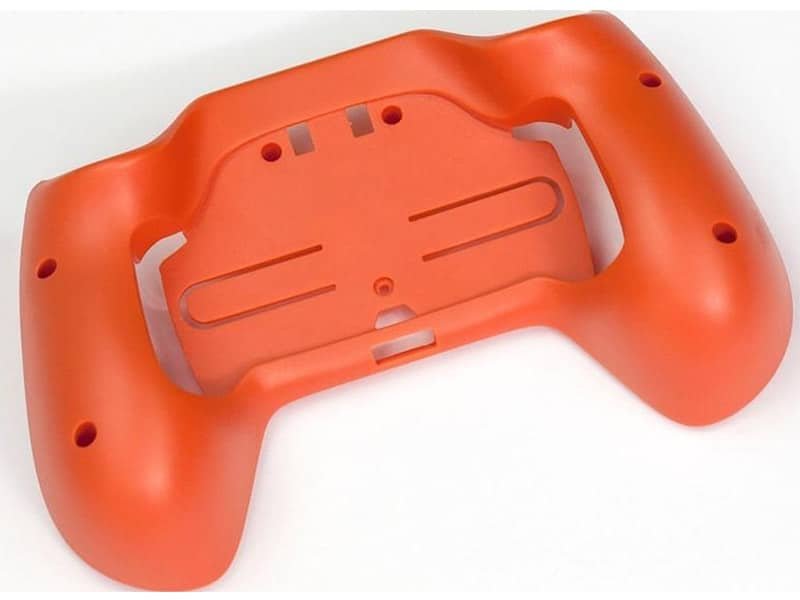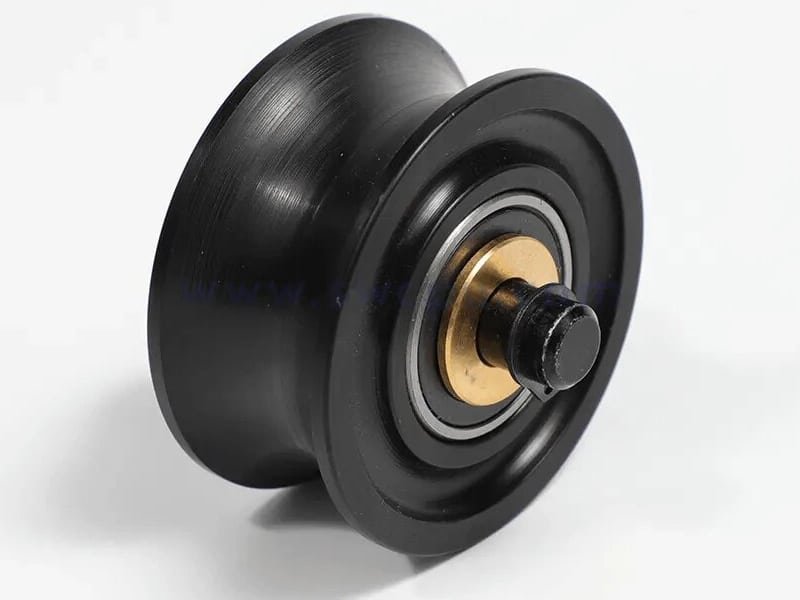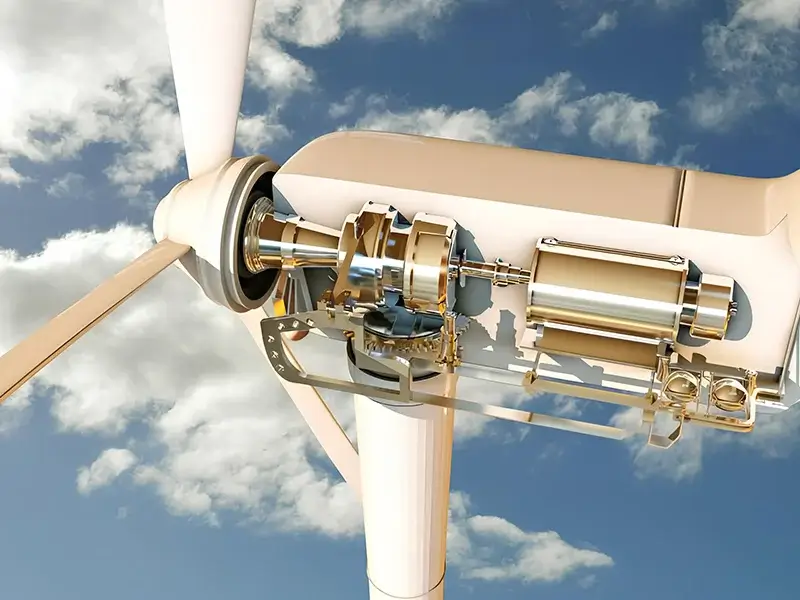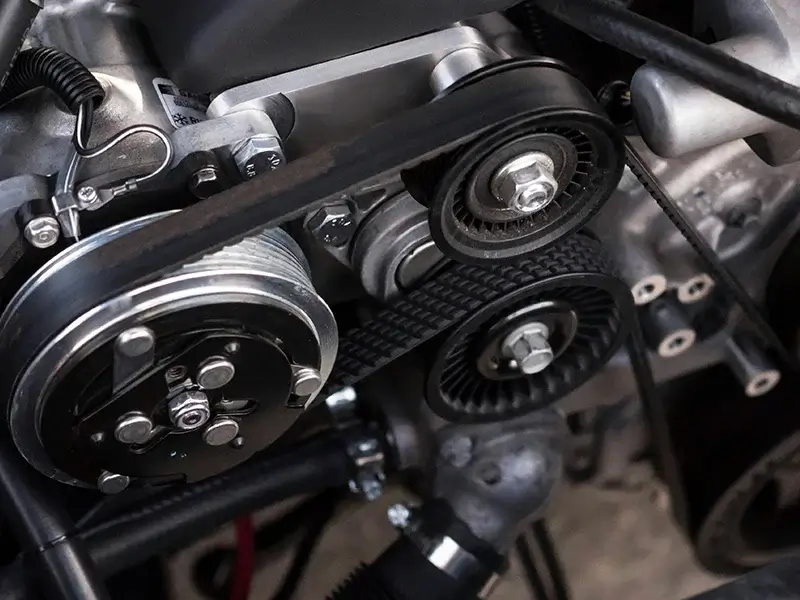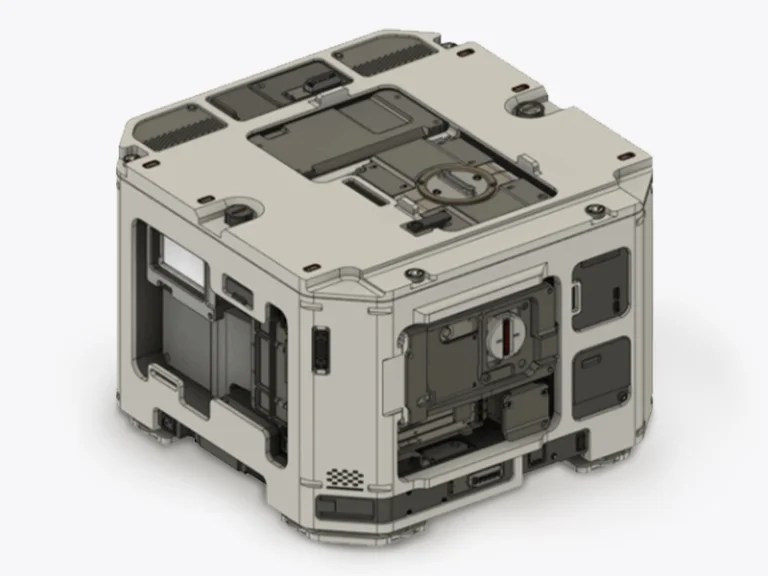TPE Injection Molding Material
Thermoplastic-Elastomers Overview
Thermoplastic elastomers (TPEs) are versatile polymers that combine rubber-like elasticity with thermoplastic processability. They offer flexibility, chemical resistance, and durability, making them suitable for a wide range of applications. We can produce standalone TPE components tailored to meet the demands of consumer goods, automotive parts, and medical devices.
Additionally, we offer TPE overmolding services for metals and engineering plastics. This combination of material performance and processing capability enables us to deliver customized solutions that seamlessly integrate TPE with other materials.
Here are the Resins we Supply:
Theromoplastic Elastomer Material Property
| Material Type | Hardness | Elasticity | Wear Resistance | Chemical Resistance | High-Temperature Resistance |
|---|---|---|---|---|---|
| TPE | 50-90 Shore A | High | Excellent | Excellent | Excellent |
| TPU | 40-95 Shore A | High | Excellent | Good | Good |
| TPV | 50-90 Shore A | Good | Good | Excellent | Good |
Material Modification
Advantages of TPE in Manufacturing
Ease of Processing
Thermoplastic Nature
Excellent Flexibility
Overmolding Capability
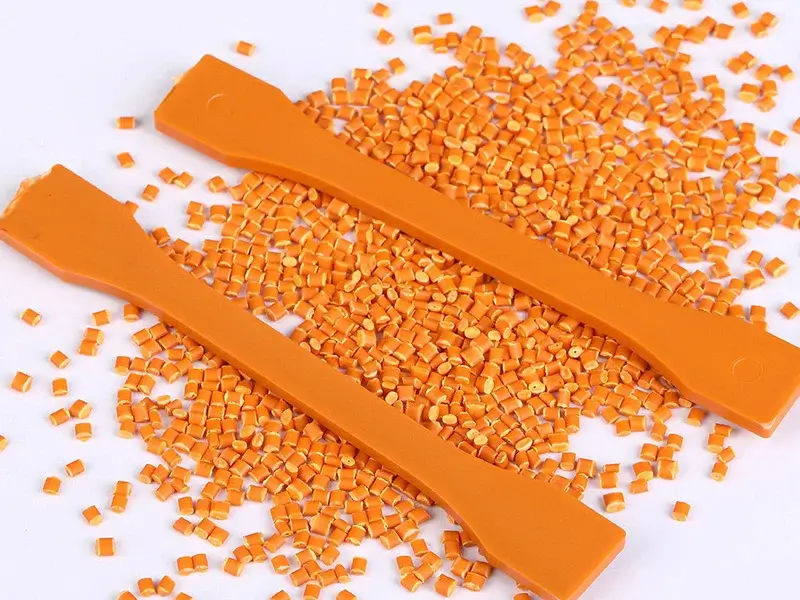
TPE Part in Different Industries
FAQs About TPE Molding Materials
Performance varies by grade, but most TPEs offer good flexibility across temperatures and solid resistance to UV and weathering.
Jiangzhi Popular Post
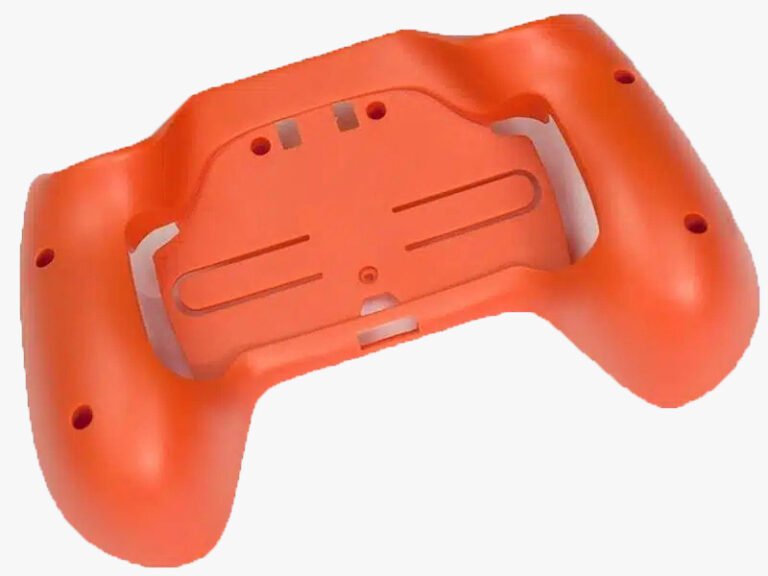
TPE Injection Molding Guide
TPE injection molding service has become a popular manufacturing technology for producing flexible, durable, and complex polymer parts used across
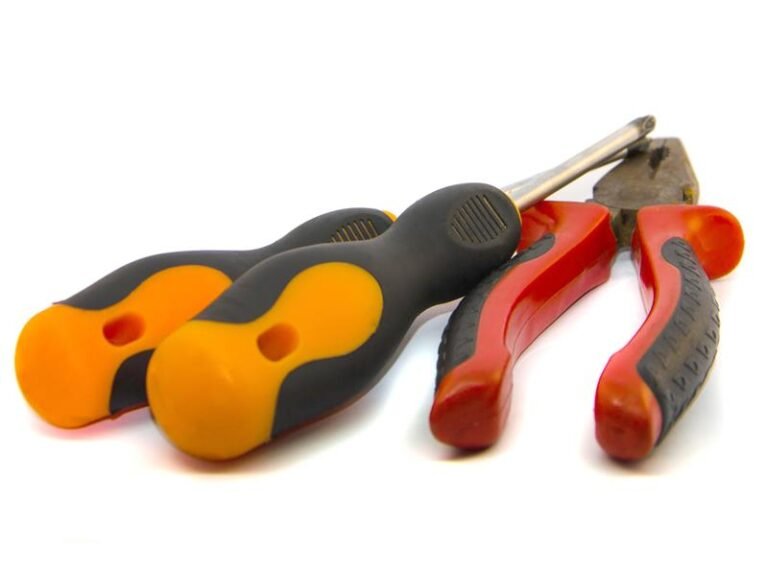
TPE Overmolding Guide Covering Materials Design and Compatibility
TPE overmolding has become an essential manufacturing technique across various industries, offering a unique combination of flexibility, durability, and aesthetic
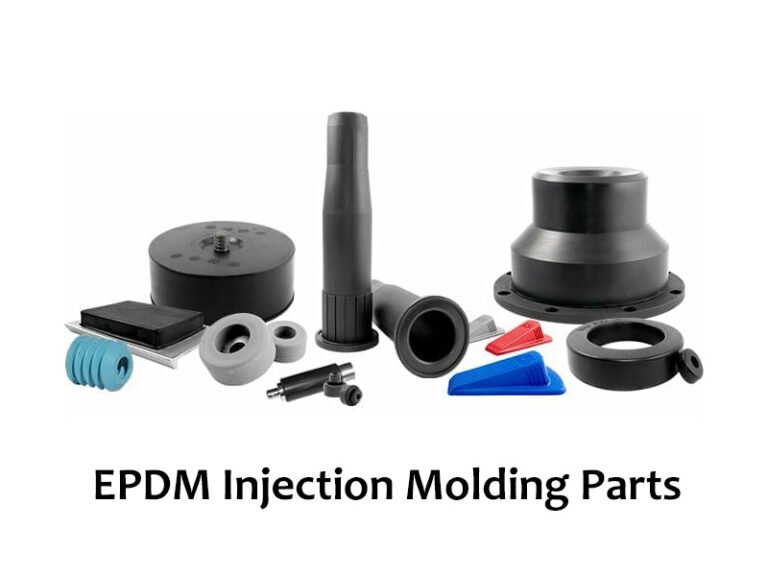
TPU Injection Molding Guide: Properties, Process, Design Tips & Applications
TPU is a material that marries rubber’s flexibility with plastic’s moldability. TPU injection molding transforming thermoplastic polyurethane (TPU) into durable,

